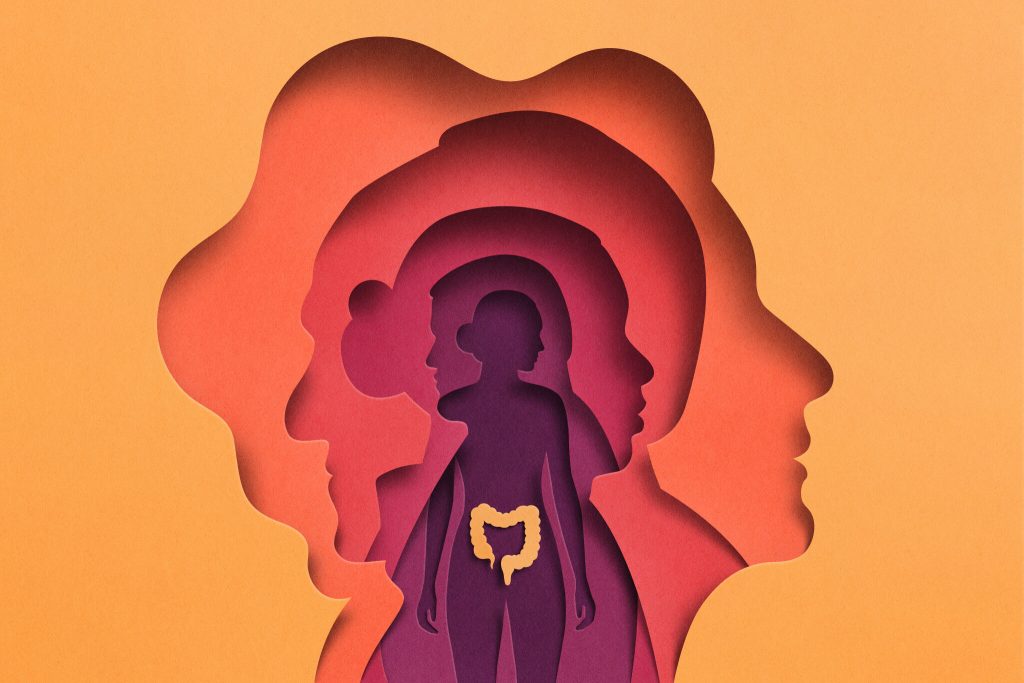A 2025 study has revealed a worrying rise in colorectal and other gastrointestinal (GI) cancers among adults under 50. Comprehensive data analysis shows increasing incidence in colon, rectal, and select GI tumors prompting healthcare experts to urge early screening, lifestyle changes, and targeted public health action.
Key Findings
- Early-Onset Colorectal Cancer Spike:
Incidence of colon and rectal cancers in adults aged 20–49 has risen by 2–3% annually over the past decade, with the sharpest increases seen in individuals aged 30–39. - Rising GI Cancer Types:
Increases extend beyond colon cancer, including rising cases of gastric, liver, and pancreatic cancers among younger adults. - Geographic & Demographic Trends:
While the rise is global, high-income nations show sharper increases, likely tied to westernized diets, obesity, and sedentary lifestyles. Higher rates noted in men, though female incidence is also rising.
Possible Causes Behind the Rise
- Diet & Obesity:
High consumption of red and processed meat, sugary drinks, low fiber intake, and increasing rates of overweight and obesity contribute significantly. - Sedentary Behaviour:
Lower physical activity levels among younger populations are also implicated in elevating cancer risk in the colon and GI system. - Microbiome Changes:
Changes in gut bacteria linked to antibiotic use, low-fiber diets, and processed foods may influence cancer-promoting inflammation. - Delayed Diagnosis Trends:
Younger patients often experience diagnostic delays because symptoms like bleeding, cramps, or bowel changes are dismissed as benign, leading to more advanced-stage detection.
Recommendations from Oncology Experts
| Area of Action | Recommendations |
|---|---|
| Lower Screening Age | Begin colorectal screening at age 45 instead of 50, or even earlier for high-risk groups |
| Public Awareness | Campaigns to educate younger adults about warning signs like abdominal pain or blood in stool |
| Lifestyle Interventions | Promote balanced diets, weight regulation, and regular exercise to lower risk |
| Research Initiatives | Greater investment in studying early-onset GI cancer causes and prevention |
| Clinical Alertness | Encourage primary care doctors to promptly investigate GI symptoms in younger patients |
Why Early Screening Matters
- Improved Survival Rates:
Early-stage detection significantly increases survival in colorectal cancer up to 90% five-year survival. - Reducing Treatment Burden:
Catching cancer early can avoid aggressive treatments like extensive surgery, chemotherapy, or radiation. - Healthcare System Benefits:
Early diagnosis lowers the cost of long-term care and improves quality of life metrics.
What You Can Do
- Monitor Symptoms:
Take abdominal discomfort, unexplained weight loss, anemia, blood in stool, or changes in bowel habits seriously, regardless of age. - Adopt a Healthy Lifestyle:
Eat more fruits, vegetables, whole grains, limit processed meat, stay physically active, and maintain a healthy weight. - Discuss Screening Options:
Talk to your healthcare provider about colonoscopy, non-invasive stool tests, or FIT tests beginning in your mid-40s or earlier if you have symptoms or family risk.
Final Takeaway
The 2025 study highlights an alarming trend: colorectal and GI cancers are increasing in younger adults. Early screening, lifestyle interventions, and healthcare awareness campaigns are essential. Educating and empowering individuals under 50 can turn the tide saving lives and reducing future cancer burdens.



Comments (0)
No comments yet. Be the first to comment!
Leave a Comment